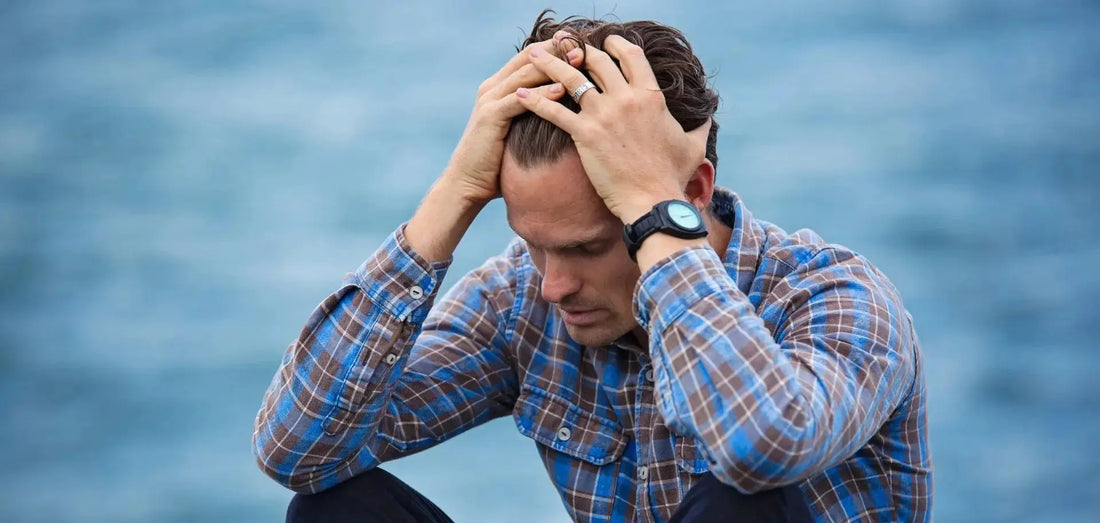Should I Worry About Monkeypox?
Monkeypox is an infectious disease caused by the monkeypox virus. It is unrelated to smallpox, despite their shared family name. The source of the disease is unknown, though it is believed that rodents and monkeys are responsible for its initial transmission. The first human cases of monkeypox were recorded in 1970. Since then, the disease has been reported in people in several other central and western African countries, and there have been more cases in the United States this year. As of May, there were 7,100 cases in the U.S., according to the CDC; however, it is not a deadly disease.
Learn more about monkeypox, how it spreads, and signs to look out for.
How Does Monkeypox Spread?
Monkeypox is spread through direct contact with infectious rash, scabs, or body fluids. Some of the examples include the following:
- Respiratory secretions during prolonged face-to-face contact, or during intimate physical contact, such as kissing, cuddling, or intercourse.
- Touching items (such as clothing or linens) that were previously touched by the infected person with rash or body fluids.
- Scratch or bite from infected animals.
- Eating meat that was prepared by an infected person.
- Using products from an infected animal.
How Long Is Monkeypox Contagious?
People with Monkeypox can spread the virus to others from the time symptoms start until the rash has fully healed. The illness typically lasts two to four weeks. People who do not have Monkeypox symptoms cannot spread the virus to others.
What Are the Signs of Monkeypox?
If a person is infected with monkeypox, he or she may show a number of symptoms. The most common signs of monkeypox are fever, chills, exhaustion, fatigue, muscle aches throughout the body, and headache. One of the first indicators of infection is a rash that can look like pimples or blisters on the face, inside the mouth, hands feet, chest, genitals, or any other part of the body. The rash goes through different stages before healing completely just like shingles. The illness typically lasts two to four weeks.
How Do I Protect Myself?
The best way to avoid contracting Monkeypox is to avoid contact with anyone who has it. Understanding how the virus spreads will give you a clue about what not to do, such as touching your mouth or eyes after coming into contact with an infected person's body fluids. Vaccinations that were developed to protect against smallpox also protect against Monkeypox. It's important to make sure that you are up-to-date with your vaccines.
What Do I Do If I Have Monkeypox?
There are a few things you should do if you have a case of Monkeypox.
- Contact your healthcare provider.
- Isolate yourself at home. You must stay in a separate room from the rest of your family and pets.
- There are no treatments specifically for Monkeypox virus infections. However, antiviral drugs can help people who are more likely to get severe diseases if they contract the virus, such as immunocompromised individuals.
- Get plenty of rest.
- Eat healthy.
- Stay hydrated.



